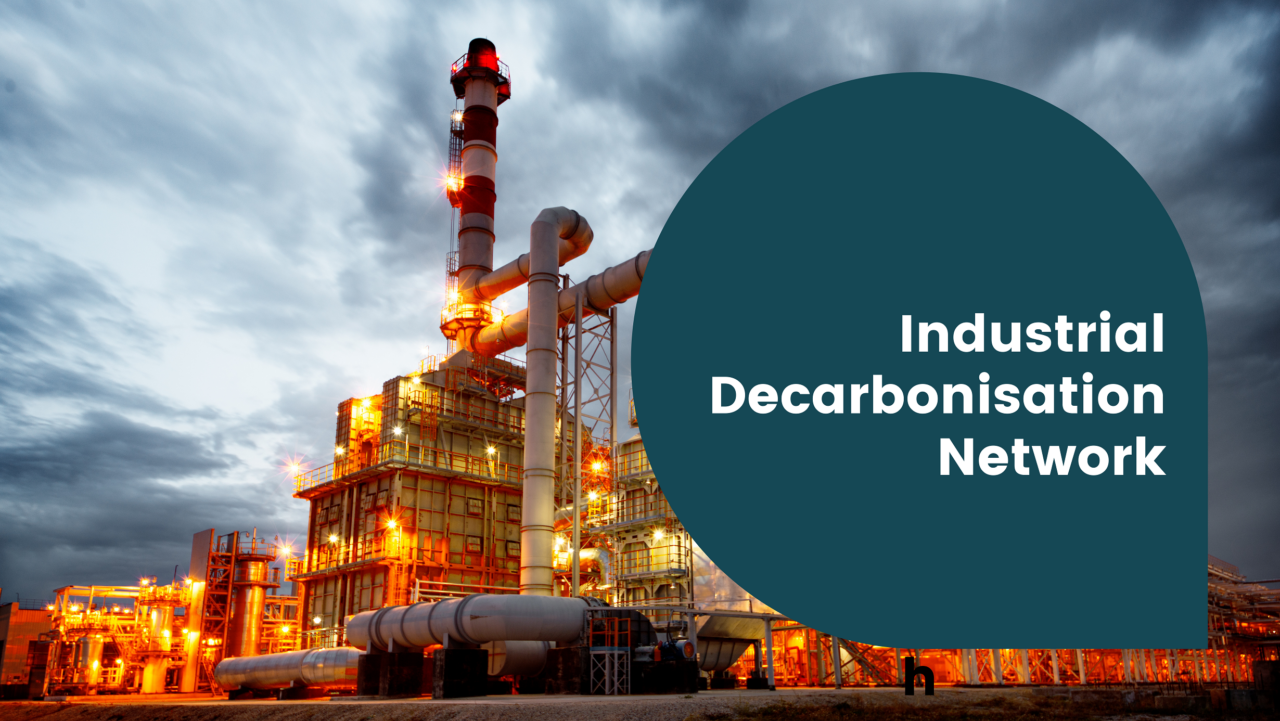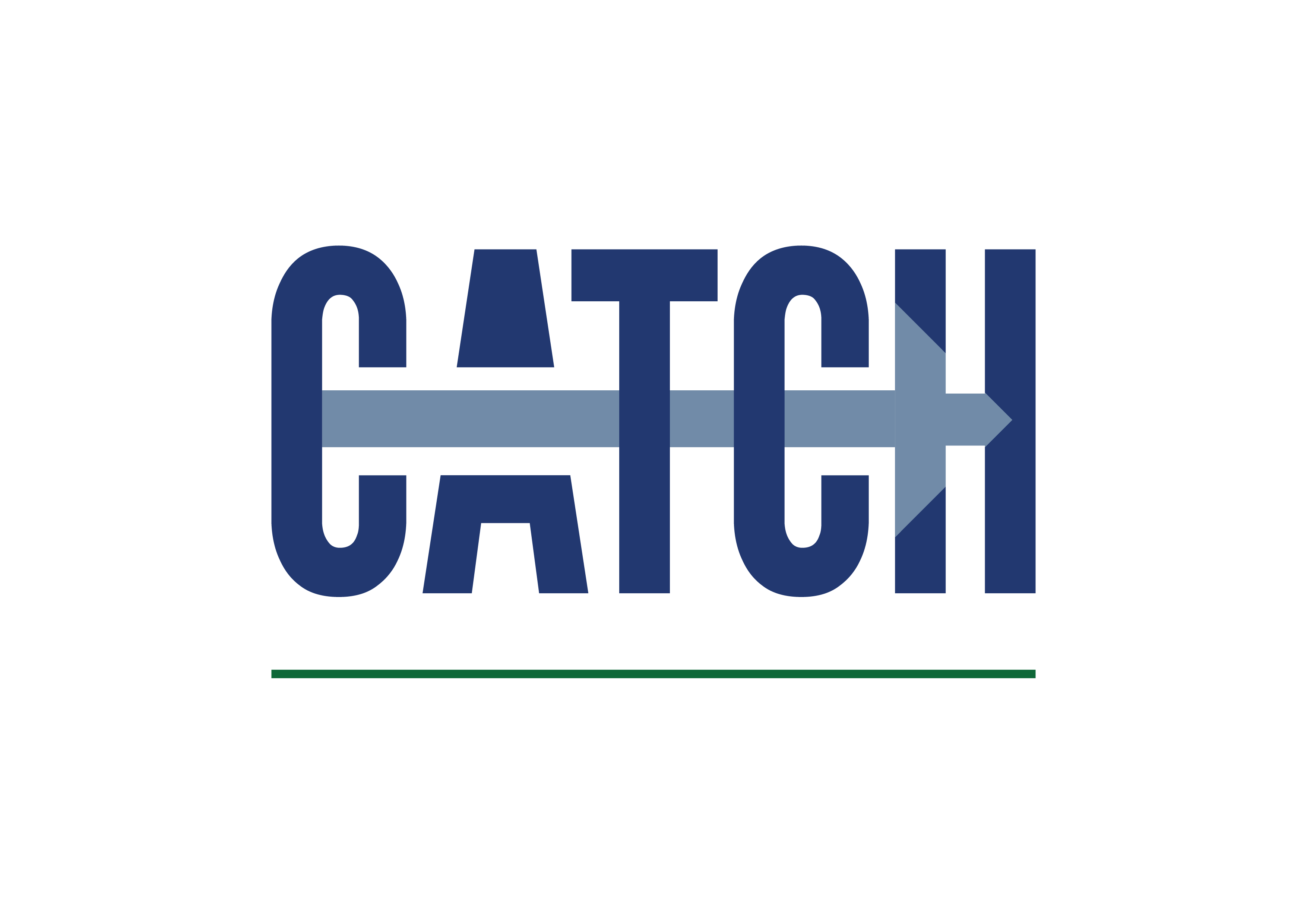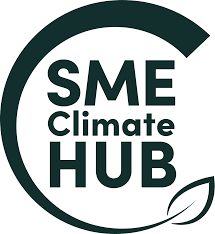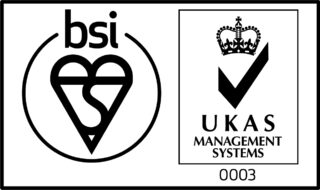CATCH Decarbonisation Network – 22nd October 2024

Over 40 in Person and online guests were welcomed to the CATCH Industrial Decarbonisation Network by our event chair David Talbot, CATCH CEO, which took place at CATCH on the 22nd October.
David introduced Catherine Spriggs, Net Zero Programme Manager, HSE, who opened the meeting talking about the Health & Safety Executive Net Zero Programme & Priorities. Catherine discussed the HSE role in the net zero journey, particularly where there are safety challenges and how the industry will look in the future. Catherine explained the HSE structure and how they are responsible for their own policies – the functions that are within the Net Zero sphere include, Science, Policy and Regulation.
Catherine then discussed new industries, growing industries, changing industries and legacy industries and how the HSE will be supporting and regulating these four areas.
Catherine then discussed some current challenges including, significant industrial development plans, including large scale hydrogen and CO2 pipeline transport in the UK. She highlighted Engineers as key roles in projects development, from understanding the regulations to the design process, to advising clients and working across the industry. Then advised on specific technical safety challenges in CCS, Hydrogen and Pressure Systems.
After questions, Tom Glyn-Jones, Senior Advisor (Decarbonisation & Net Zero) Climate Change & Energy Programme, Environment Agency, covered their role in enabling UK net zero and invited companies to reach out with any questions. Tom started by discussing the EA climate ambition, including regulating to drive down greenhouse gas emissions, regulating carbon markets, creating a circular economy, and working to advise on land use and sustainable development.
Tom told the group the EA’s role is Permitting and Regulation for air, land and water, the planning process, sustainable development to enable UK Net Zero and the UKs Emission trading scheme. And then discussed more specifically the EA’s role in Hydrogen and carbon capture use and storage, including support and guidance on water, air quality and flood risk. Next Tom covered planning for CO2 pipelines and that the EA is a consultee providing regulatory oversight and ensuring low carbon technologies and projects are part of UK ETS. The HCCUS programme that has been set up by the EA, includes collaboration with government and key stakeholders using a scientific evidence base approach. Making sure they have the correct teams with expertise to manage permitting and regulation across the industrial clusters.
Tom explained that from Feb 2026, there will be a new mandate for Decarbonisation readiness for power generation and a consultation on EPR Permits will take place in 2025. Tom provided and an update on the DESNZ project on Environmental Capacity Challenges in industrial clusters including an update on water availability and quality and air quality –https://www.gov.uk/government/publications/environmental-capacity-for-industrial-clusters
Plus a further update on their digital twin technology project – the report can be found here – https://www.gov.uk/government/publications/environmental-capacity-for-industrial-clusters
After the networking coffee break, Nick Rothwell, Head of Carbon at Cory, took the group through their Carbon Capture & Shipping Solution – an Energy from Waste case study. Tom shared the history of Cory before moving on to explain their operating footprint and commercial model today. Cory is aiming to be Net Zero by 2040 and they have a four pillar strategy including, Decarbonising Heat, Transport, Waste and Electricity. Next Tom discussed their riverside campus expansion that will almost double their capacity in 2025.
Tom then discussed Cory’s CCS plans. They will capture CO2 at Riverside one & two, and are partnering with Shell and TEN, this will be transported by ship to the Humber region where it will be received by Viking CCS and stored in the southern North Sea. The biomass is already a part of the waste stream, and by capturing this they will become carbon negative. Tom then took the group through their carbon capture process and advised they are planning to be UK’s first Liquid Carbon Dioxide Shipping Model and the challenges and opportunities this presents.
Lastly, Torsha Nag, ABB discussed ABB OPTIMAX – Decarbonisation solutions. Torsha explained the challenges in Carbon Capture, including a lot of heat and increased operational costs. Next Torsha discussed the process of Carbon Capture and optimal operation of the process. Torsha explained OPTIMAX, advanced process control, (APC) will reduce energy costs by 5-10%, plus provide better management of influent disturbances whilst being able to track energy usage and costs via OPTIMAX energy optimisation. This includes a return on investment of less than 1 year. Torsha is happy to talk to anyone about the specific technology, models and strategies and highlighted that the system is compatible with many automation systems. To close, Torsha covered OPTIMAX for green hydrogen with the goal of reduced production costs and minimising capex.
Next Meeting – 28th November 2024 – for booking please contact Lisa.Buck@catchuk.org if you are interested in giving a presentation at a future event please contact Katie.Hedges@catchuk.org






